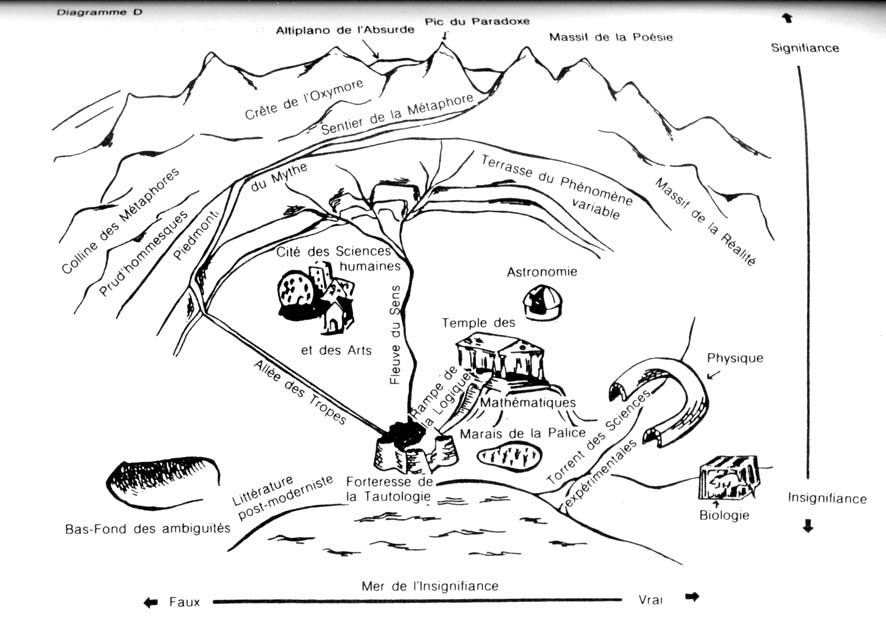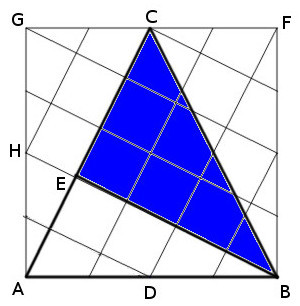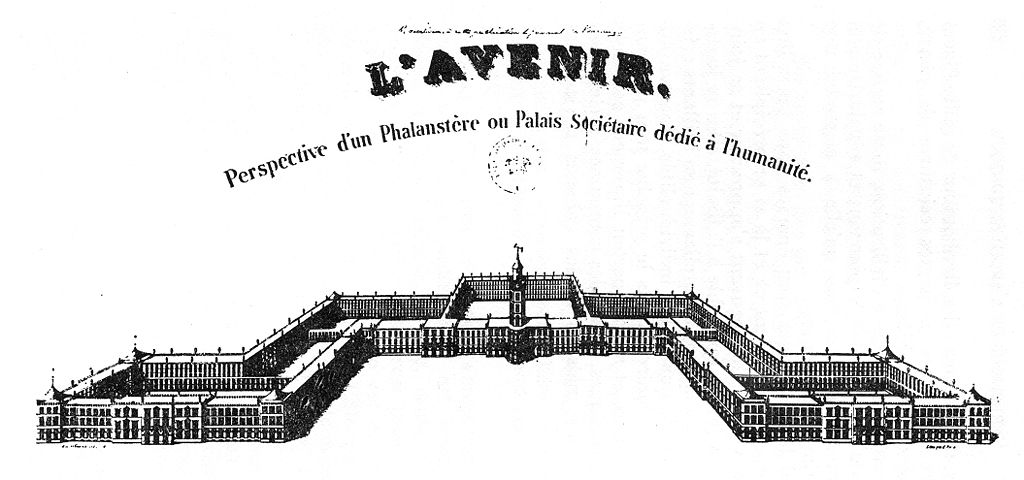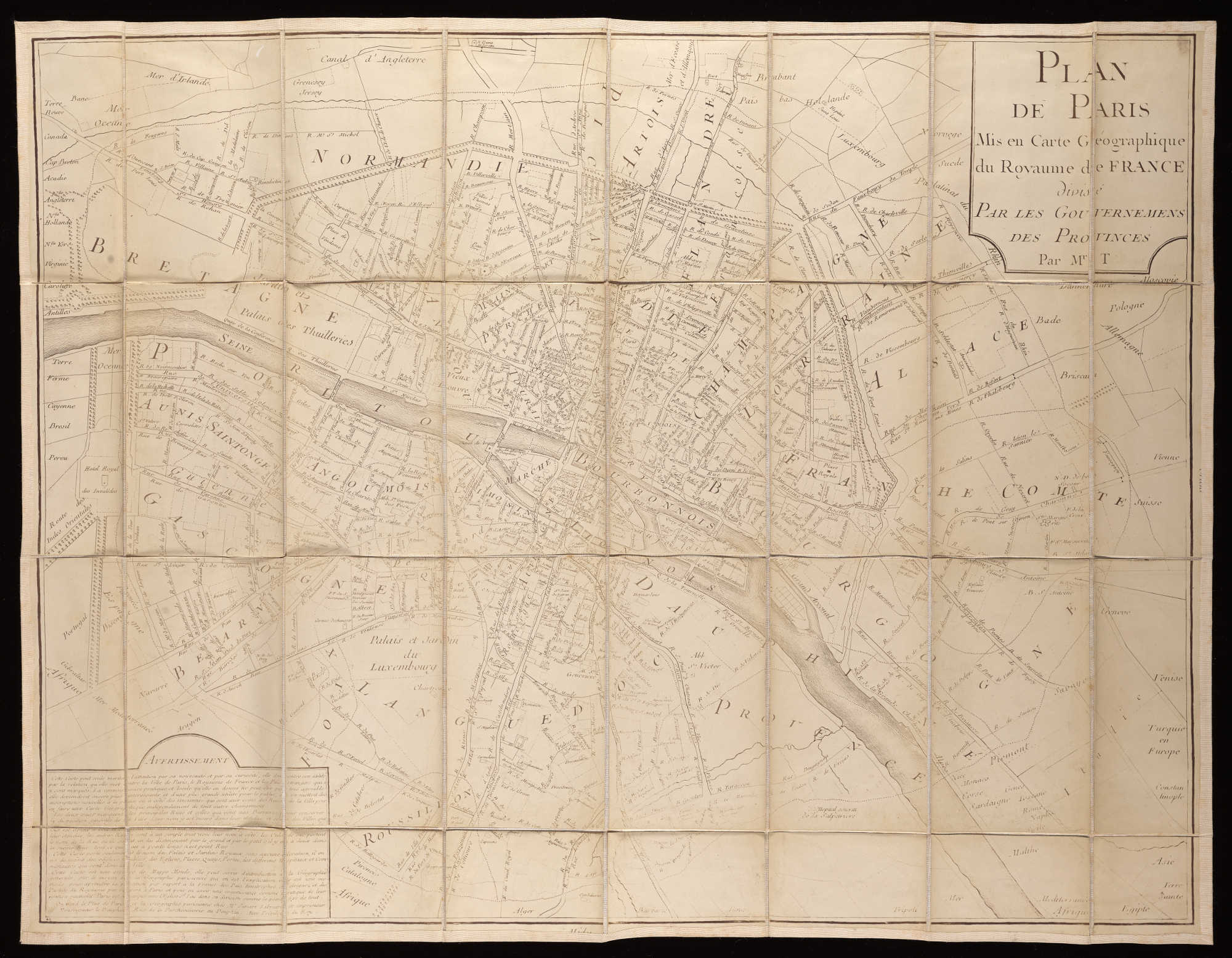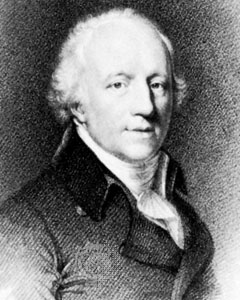
British inventor Richard Lovell Edgeworth (1744-1817) could be stunningly imaginative:
I was riding one day in a country, that was enclosed by walls of an uncommon height; and upon its being asserted, that it would be impossible for a person to leap such walls, I offered for a wager to produce a wooden horse, that should carry me safely over the highest wall in the country. It struck me, that, if a machine were made with eight legs, four only of which should stand upon the ground at one time; if the remaining four were raised up into the body of the machine, and if this body were divided into two parts, sliding, or rather rolling on cylinders, one of the parts, and the legs belonging to it, might in two efforts be projected over the wall by a person in the machine; and the legs belonging to this part might be let down to the ground, and then the other half of the machine might have its legs drawn up, and be projected over the wall, and so on alternately. This idea by degrees developed itself in my mind, so as to make me perceive, that as one half of the machine was always a road for the other half, and that such a machine never rolled upon the ground, a carriage might be made, which should carry a road for itself. It is already certain, that a carriage moving on an iron rail-way may be drawn with a fourth part of the force requisite to draw it on a common road.
This seems to anticipate the caterpillar track, and the tank, in the 1760s. He worked on this idea for 40 years, making more than 100 working models and even patenting the principle. Finally he let the patent expire, as it just wasn’t possible with the technology that was available to him. But “I am still satisfied that it is feasible. The experience, which I have acquired by this industry, has overpaid me for the trifling disappointments I have met with; and I have gained far more in amusement, than I have lost by unsuccessful labor.”




